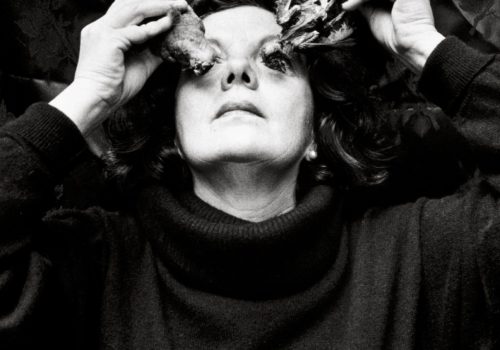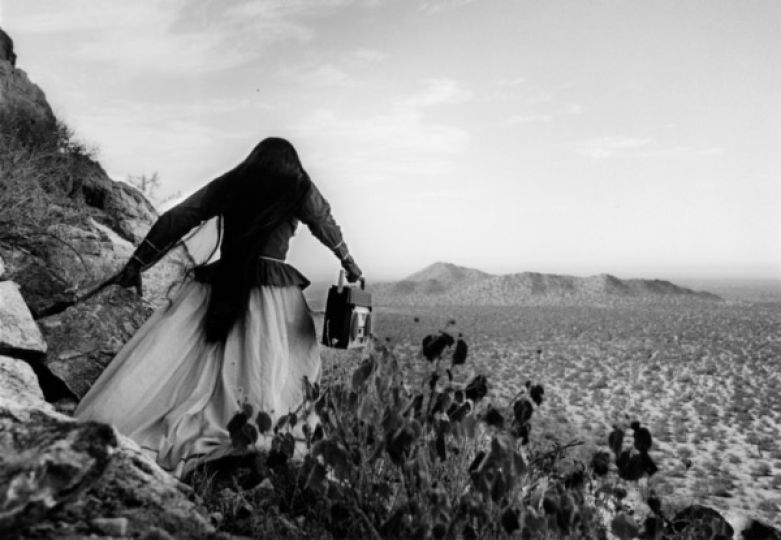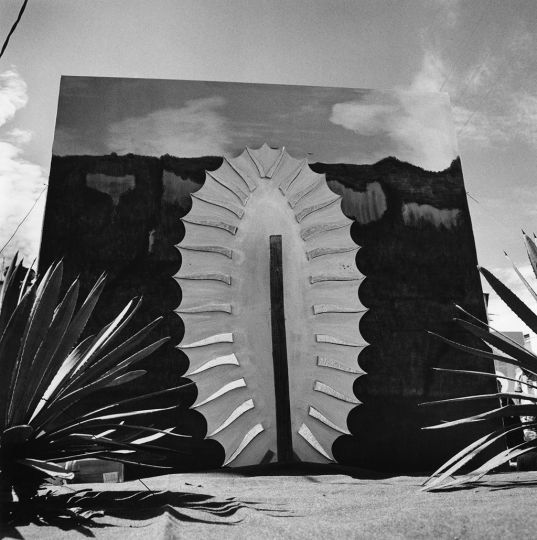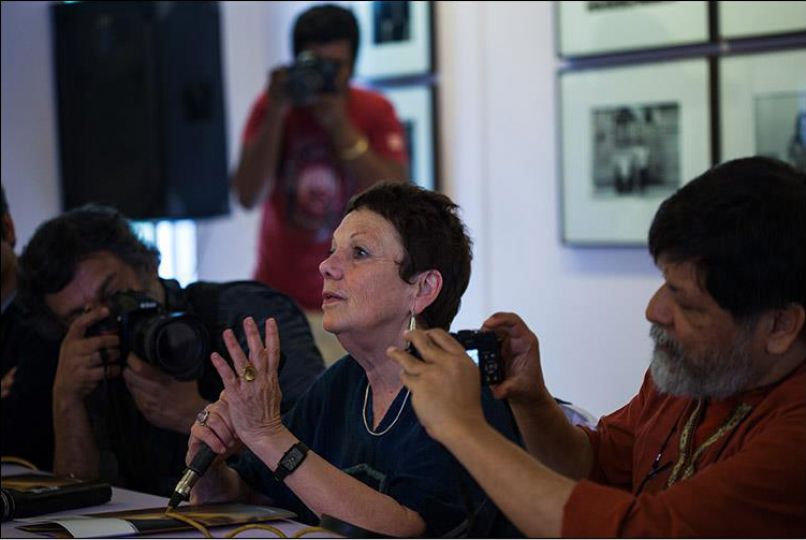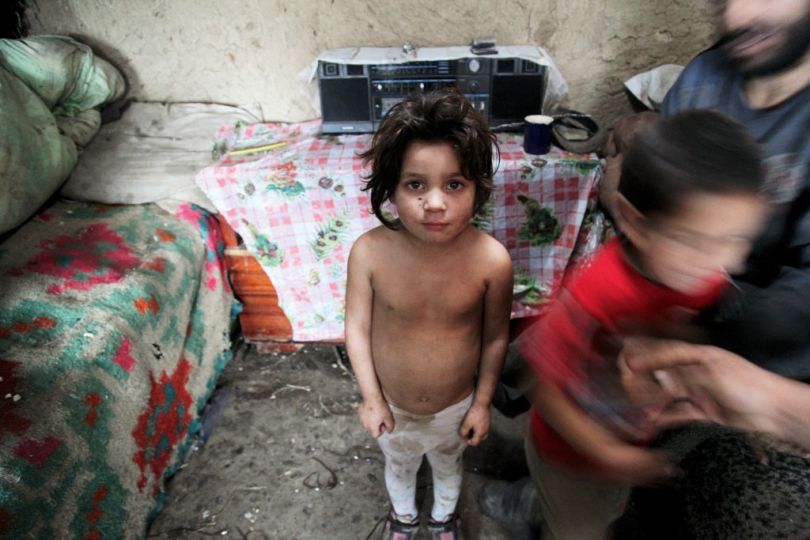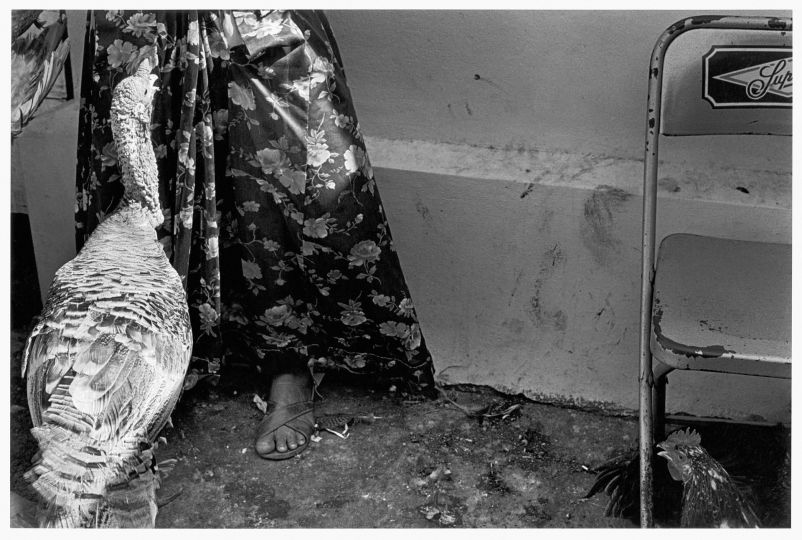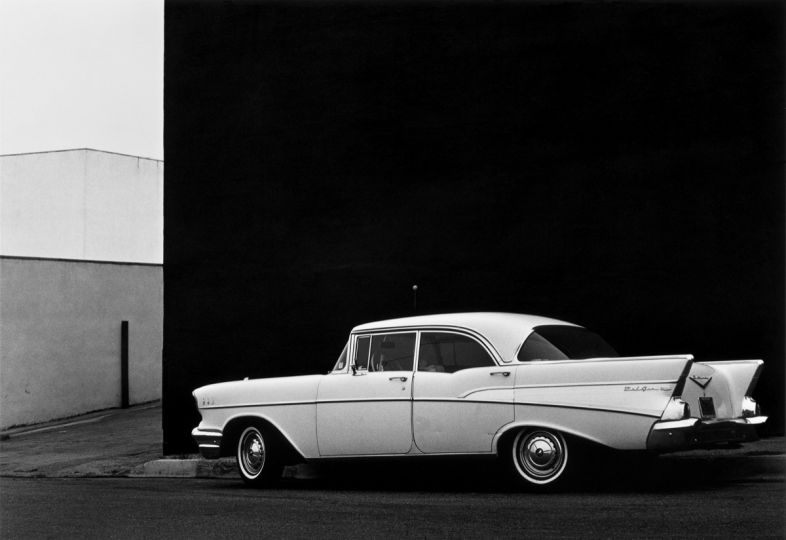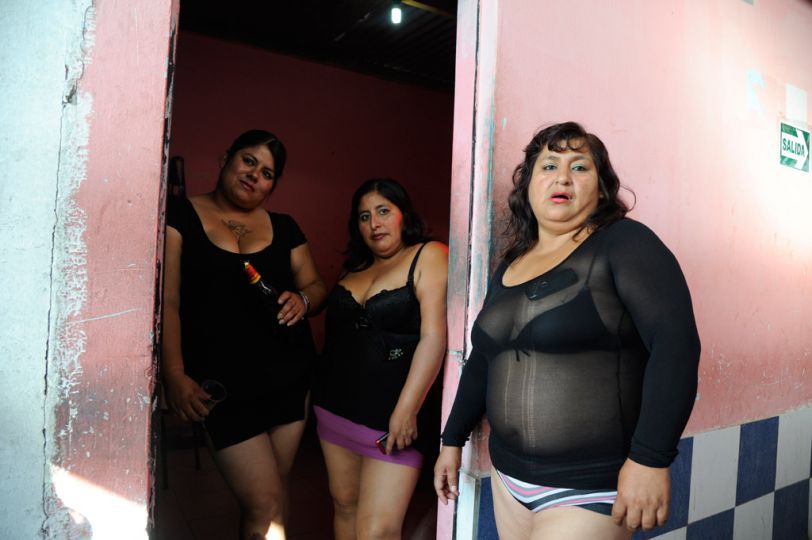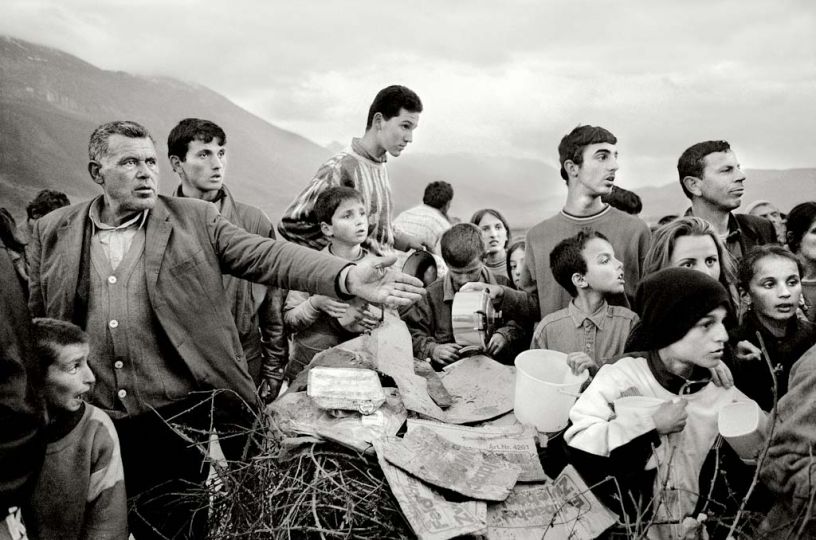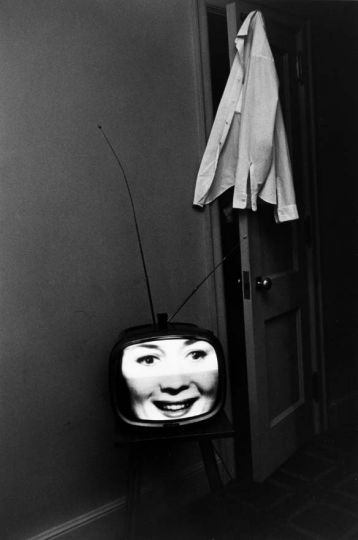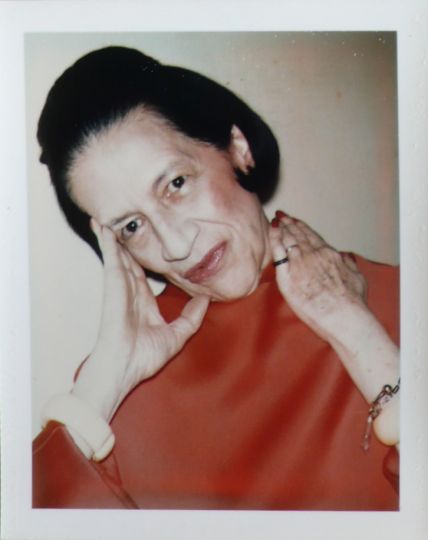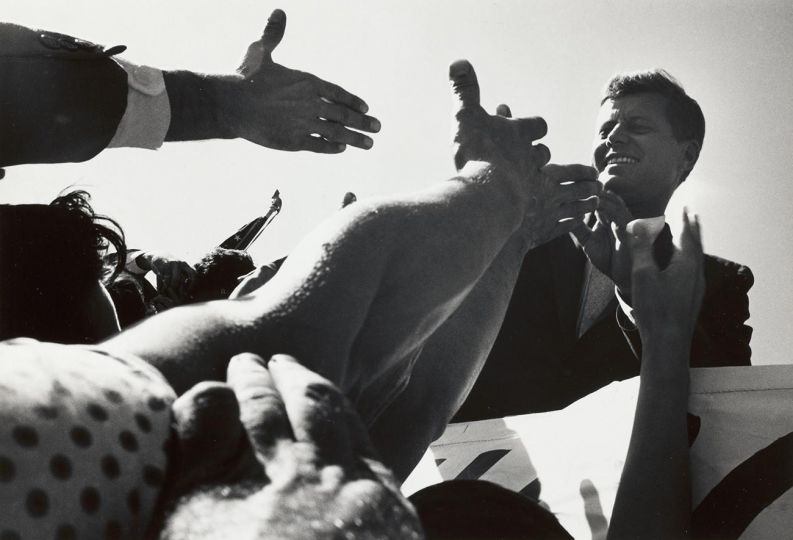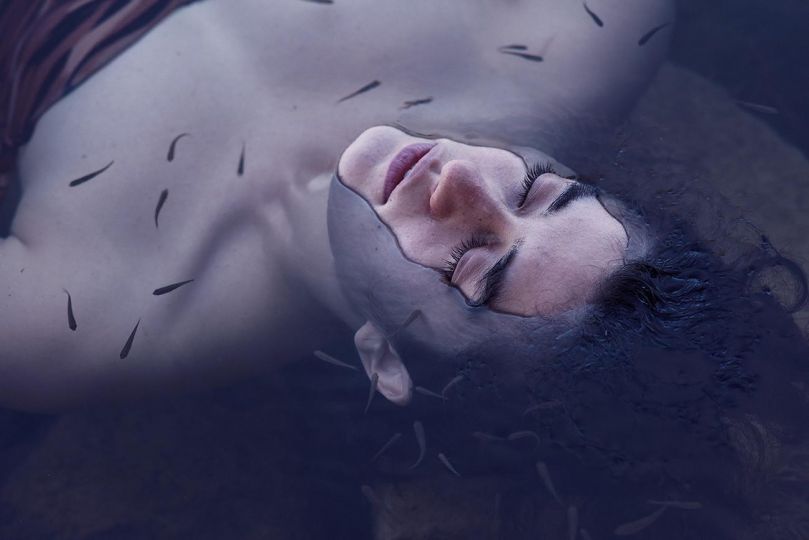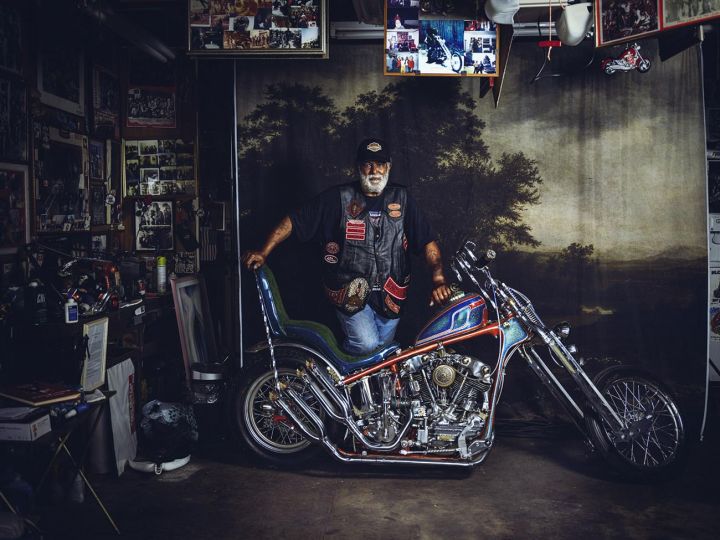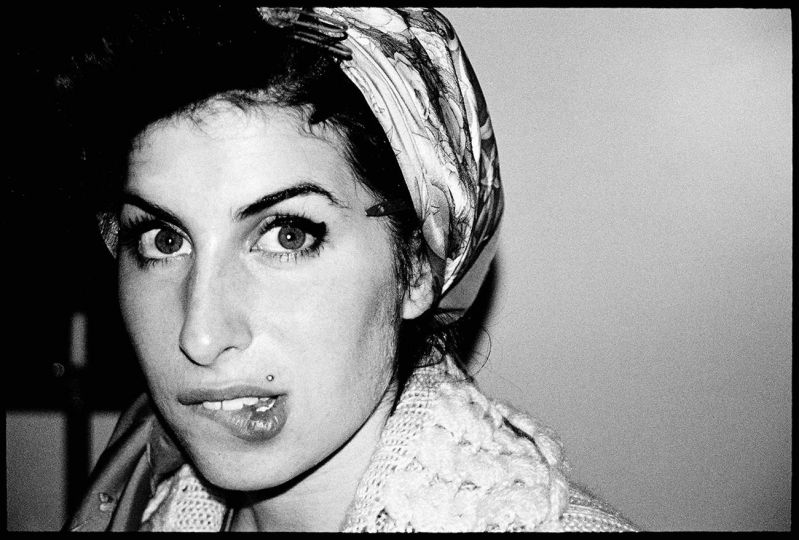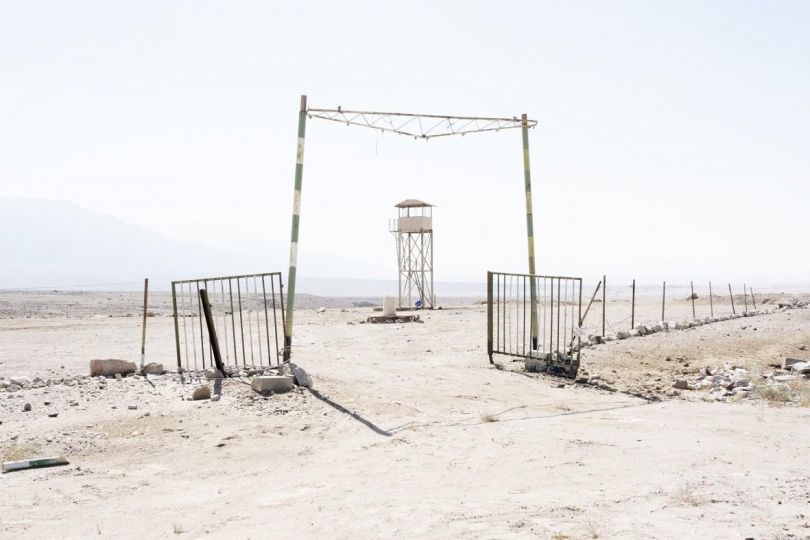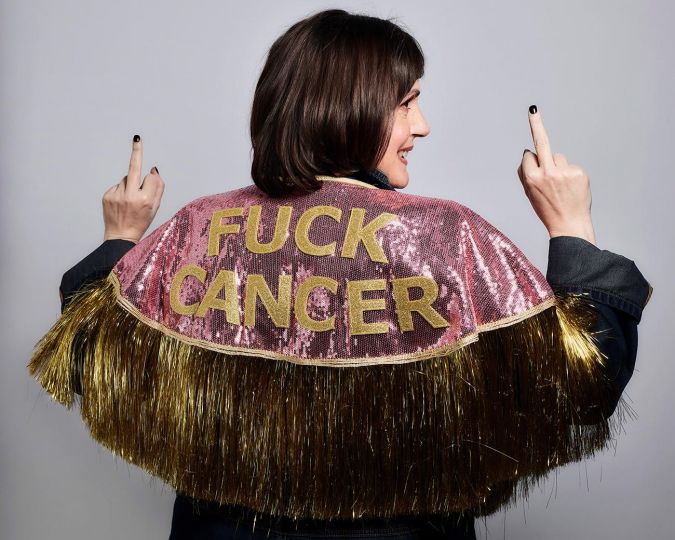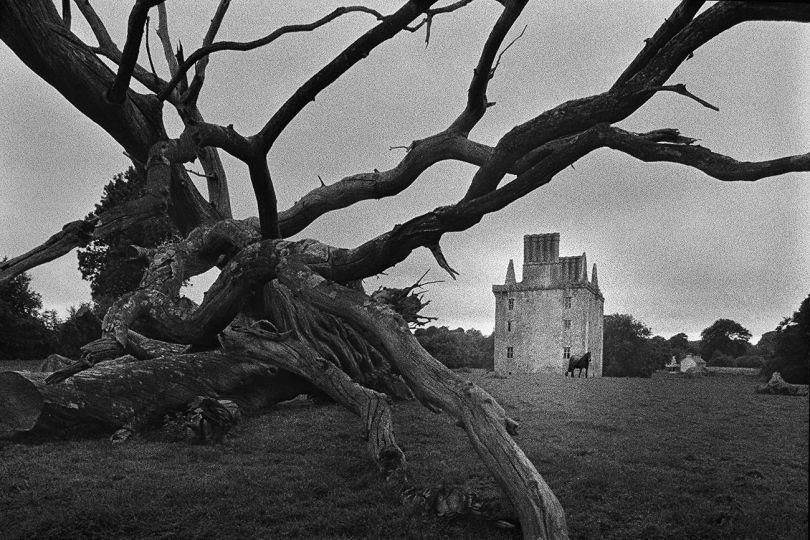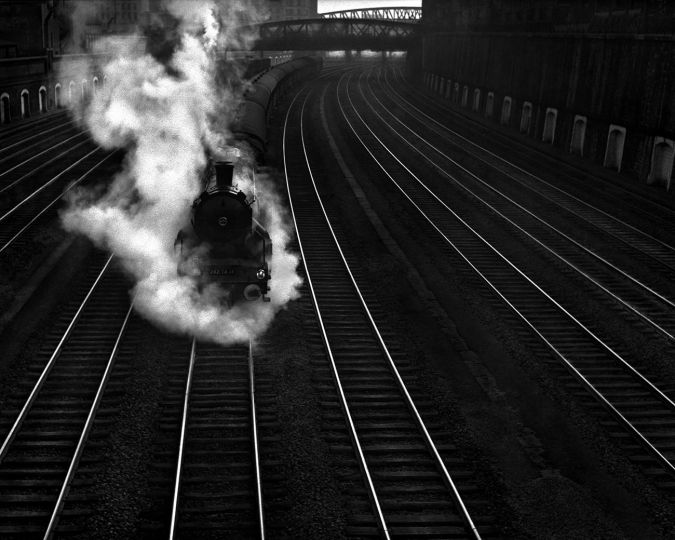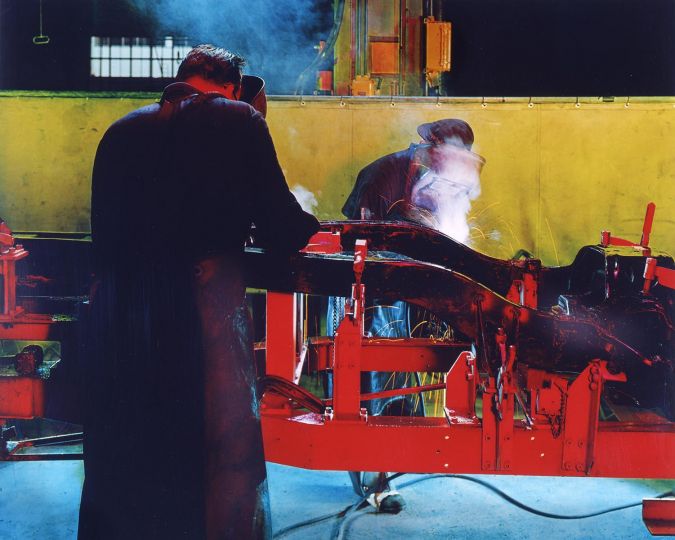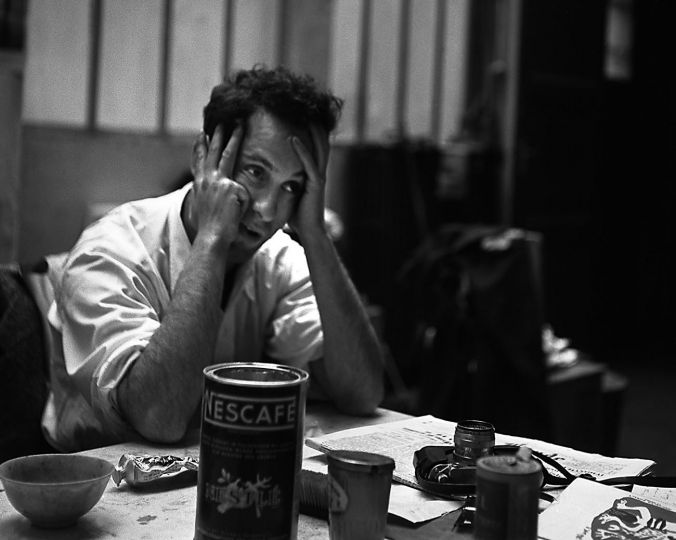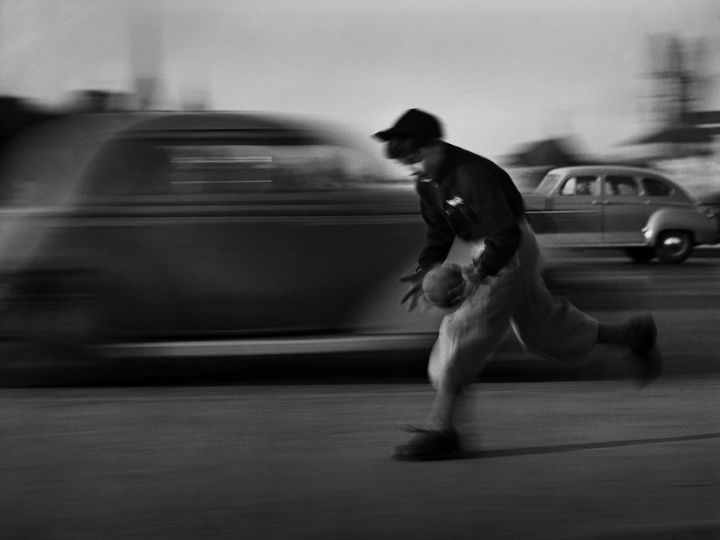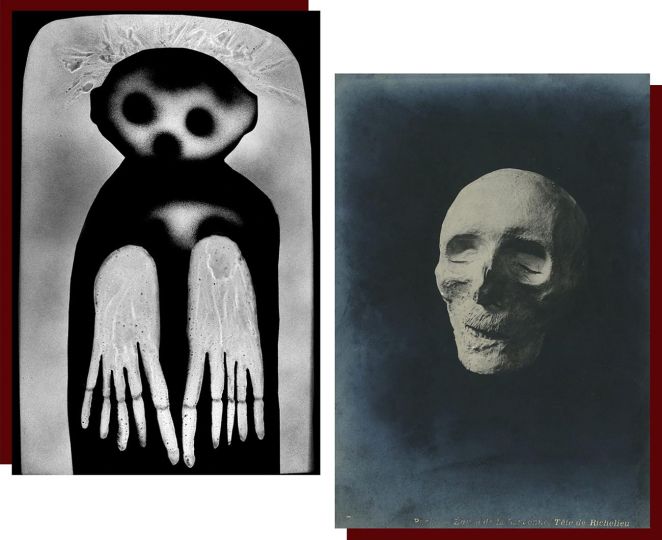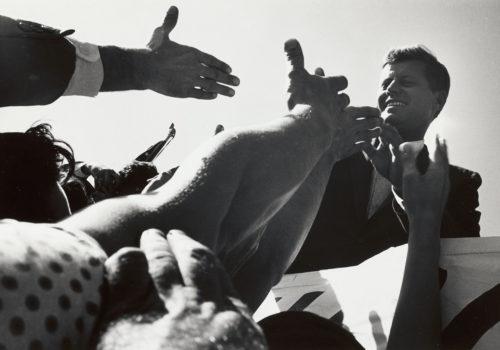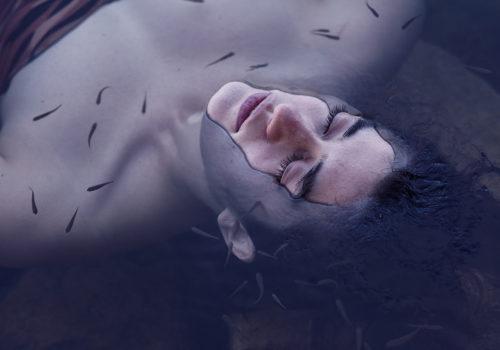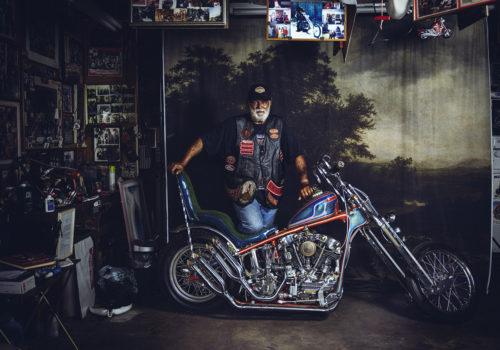Launched nine years ago, Fundación MAPFRE’s photography collection is still in its early days. The remarkable series of photographs by Graciela Iturbide, however, not only constitutes one of the main features of this collection, it also aptly illustrates its ambition: to strive to fully represent artists included in the collection in order to get to know and understand their work as fully as possible.
Graciela Iturbide’s oeuvre also reflects one of the principal interest areas of the collection, namely the twentieth century, and its latter half in particular, with a focus on documentary photography and portraiture.
Aware of the importance of Graciela Iturbide’s work, between 2009 and 2011 Fundación MAPFRE acquired the most complete collection of her artistic output. The collection comprises 187 photographs, retracing the key points in the photographer’s career: from the early pictures of the Seris in the Sonora Desert, which helped define Iturbide’s approach whereby she immerses herself in the community she is photographing; to the project on matriarchal Juchitán that documents her experience among strong, independent, and politically engaged indigenous women, and which had a profound influence on her trajectory and earned her international recognition; to the more recent projects, such as her Northern American photos or Frida’s Bathroom. Frida Kahlo’s bathroom had been closed since the death of the artist, and Graciela Iturbide was the first person authorized to see it and interpret it from the perspective of her own poetic universe.
Graciela Iturbide started working as a photographer in the late 1960s, having just graduated from the Centro Universitario de Estudios Cinematográficos in Mexico. It was in that context, with the help of Manuel Àlvarez Bravo, the great master of Mexican photography, that she first realized that the camera was her true means of expression.
Famous for her vision of indigenous Mexican cultures, which marked her entrance into the world of photography, Graciela Iturbide considers her work as an ongoing process of vital exploration, since photographing is above all a pretext for expanding knowledge. Her journeys are an integral part of her research on identity; however, the power of her images does not depend on the exoticism of her world travel, but rather emanates from her exceptional ability to foreground aspects often absent from photographic representation, and which she manages to capture through a simple working method: by integrating into, and cohabiting with, the people she photographs.
Straddling documentary photography and poetry, her singular way of looking brings together life and dream in a complex web of historical, social, and cultural references. The fragility of ancestral traditions and their struggle to survive; the interaction between nature and culture; the importance of quotidian gestures; and the symbolic dimension of landscapes and found objects, among others, are key to her prolific oeuvre.
The entire collection aims at preserving works against the effects of time and failures of memory, as well as sharing them with the present generations so that they enjoy them and draw on them for inspiration. Graciela Iturbide’s photographs have already been widely exhibited, including in Madrid, Winterthur, Sao Paolo, Mexico City, and Stockholm.
Carlos Gollonet
Carlos Gollonet is chief photography curator at Fundación MAPFRE.

